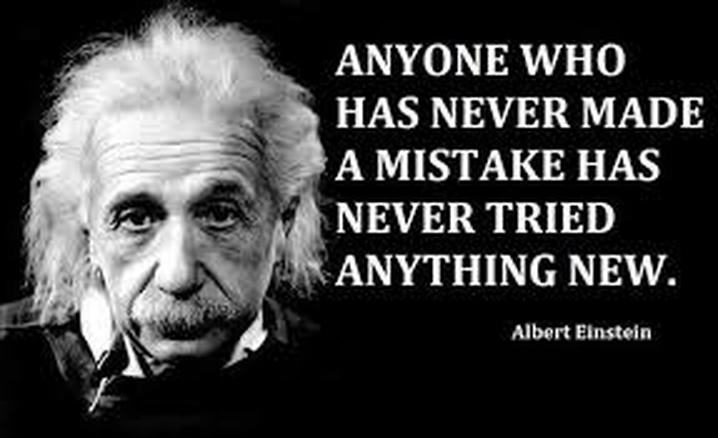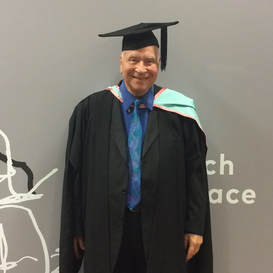
Many adults look on as teenagers, even groups of younger kids excel at doing things they could only dream of, Skiing, computer programming, playing the piano or speaking Spanish, French or even Mandarin. The adults look on, and for some reason they believe it is too late to learn now and write it off and wish the kids a happy future.












 RSS Feed
RSS Feed

